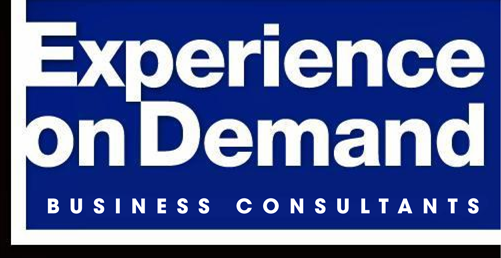By, Barry Worth – Partner
When deciding to sell a business you’re first step is to know if you are financially and emotionally ready to part with the most important asset you built. If you aren’t ready to exit, you can still think long-term and begin assessing your current business situation for later on. If you have made your decision to exit the business and approximately when you would like to exit, it is time to select the people to work with and start the planning process. This could be a stopping point. Why? Do you have the right succession planning in place? Most companies need to think hard about succession planning because they rarely have an adequate plan to
“Succession planning should be a component of any organization’s strategic plan.”
Having a succession plan in place is just good business and does add value to the business. There are events during our lives that will happen – both planned and unplanned. Some of these events will create a necessity for a change or transition in management, such as:
- Sale of a business
- Retirement
- Death
- Disability
- Various other business reasons and events
The business owner(s) should develop a plan in order to protect what is generally their greatest asset. The plan not only helps protect the company but it also will bring continuity and a feeling of safety to the key people and employees of the company. It is not unusual for employees to feel insecure when they see the owner of a company making all of the decisions, under constant stress and nobody to back them up. Operating without a business plan also has a way of diminishing potential growth one might have in a company which equates to value. So what goes into a succession plan?
The various pieces of the plan are:
*Selection of key people
*Determine the skills needed
*Determine the skills available
*How many people are needed
*What positions are they capable of handling
*Determine who are potential successors
*Determine timing of transition(s)
*Determine the training necessary for each candidate
*Assign mentors to the candidates
*Build a plan with layers to the company
*Determine timelines for training and schedule accordingly
*Plan opportunities for candidates to work in positions to get experience (e.g. vacations, absences)
Advantages of Succession Planning
- Having an ongoing group of well-trained, broadly experienced and motivated personnel
- Having a group of desirable candidates with positive goals integrated through the company
- Aligning the future needs of the company with the availability of resources within the company
- Establishing positive goals for key personnel to keep them with the company and help assure continuity throughout the organization in key positions
- Have defined career paths to help the company and retain better people
- Continuous input of ideas to improve processes, procedure and operations of the company
- Increase shareholder value
So how does one start the process? Let’s look back at our strategic planning process – we pick a team. It’s important that a business owner or leader of the company have their own thoughts together – but before starting the process – get the input of others so the plan is not put together in a vacuum. Then, organize your team with people from within and outside the company. Pick someone to lead the process and come up with a document that will lay out a plan to help the company survive and prosper in the future whether a planned or unplanned transition takes place.
So now you have your strategic direction, business plan and succession plan in place. Let’s also assume the company is doing well and the business trends are all positive and the company is ready for sale. Well, here we go – time to get the company ready to “put it in play.
See you next issue for the Implementation.
Barry H. Worth, CM&AA, CPA/ABV (Retired), is a Partner of Experience on Demand. Throughout his career of 40+ years, he has been involved with hundreds of M&A transactions in virtually every industry. Contact Barry at Barry.Worth@Experience-On-Demand.com or (314) 795.6014.
